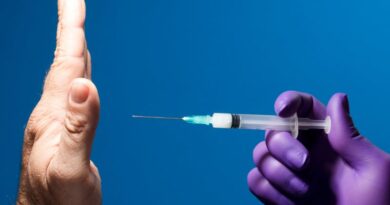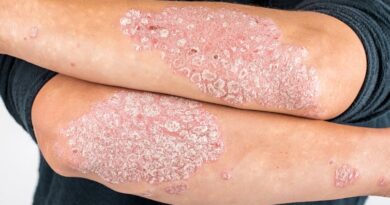New Study Unveils the Potential of NMN Supplementation in Middle-Aged Adults: Efficacy and Safety in Promoting Healthy Aging

As science delves deeper into the realm of anti-aging interventions, one compound has been gaining attention for its promising effects: β-nicotinamide mononucleotide (NMN). Recent research, conducted by a group of scientists from various universities and institutions around the world, suggests that NMN supplementation may hold the key to promoting healthy aging and extending lifespan in humans. In this article, we’ll explore the findings of their groundbreaking clinical trial investigating the efficacy and safety of NMN supplementation in healthy middle-aged adults.
What is NMN?
NMN is a precursor to nicotinamide adenine dinucleotide (NAD+), a crucial coenzyme involved in various cellular processes, including energy metabolism and DNA repair. Declining NAD+ levels have been linked to aging and age-related diseases, making NAD+ restoration an attractive target for anti-aging interventions.
The Clinical Trial
The clinical trial in question was a randomized, multicenter, double-blind, placebo-controlled study involving 80 middle-aged healthy adults. Participants were randomly assigned to receive once daily oral doses of placebo or NMN at doses of 300 mg, 600 mg, or 900 mg for a duration of 60 days. The primary objective was to evaluate blood NAD+ concentration with dose-dependent regimens, while secondary objectives included assessing safety, tolerability, and clinical efficacy.
Key Findings
The results of the trial revealed several noteworthy findings:
- Increased NAD+ Levels: Participants receiving NMN supplementation showed statistically significant increases in blood NAD+ concentrations compared to both placebo and baseline levels. The highest NAD+ levels were observed in the groups receiving 600 mg and 900 mg of NMN.
- Safety and Tolerability: NMN supplementation was found to be safe and well-tolerated, with no significant adverse events reported during the trial.
- Physical Performance: Participants in the NMN-treated groups demonstrated significant improvements in physical performance, as evidenced by increased walking distances during the six-minute walking test.
- Biological Aging: NMN supplementation appeared to prevent an increase in biological age, as measured by the Aging.Ai 3.0 calculator, compared to the placebo group.
- Subjective Health Assessment: Participants reported better subjective health outcomes, as measured by the 36-Item Short Form Survey Instrument (SF-36), in the NMN-treated groups compared to placebo.

Implications and Future Directions
These findings suggest that NMN supplementation holds promise as a strategy for promoting healthy aging and improving physical performance in middle-aged adults. Further research is needed to explore the long-term effects of NMN supplementation and its potential benefits for aging-related conditions. However, the results of this trial provide compelling evidence of NMN’s efficacy and safety in humans, offering hope for a healthier and more vibrant aging process.
In conclusion, NMN supplementation represents a promising avenue for addressing the challenges of aging and promoting overall well-being. As research in this area continues to evolve, NMN may emerge as a key player in the quest for prolonged healthspan and longevity.



